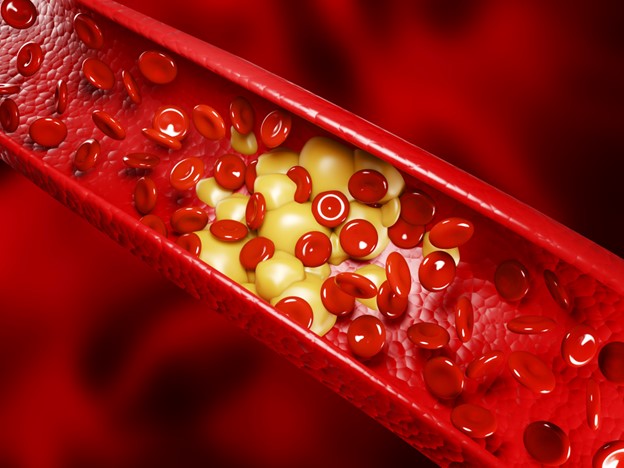What is dyslipidemia disease?
At its core, dyslipidemia isn’t some mysterious ailment; it’s a condition marked by an imbalance of lipids (fats) in the blood. Commonly, it involves high levels of cholesterol and triglycerides. This condition can sneak into anyone’s life, sometimes without any visible signs, making it vital to comprehend its place in today’s health landscape.
In recent years, the presence of dyslipidemia has been soaring, not just in India, but all over the world. With lifestyle changes attempting to chase rapid modernization, even our health seems to bear the brunt. In India, people are increasingly aware of heart diseases, yet they often overlook dyslipidemia that contributes heavily to these problems. Being the silent contributor to many cardiovascular diseases, understanding what is dyslipidemia is crucial.
Why should we all know about this condition? Well, raising the flag on public awareness regarding dyslipidemia disease can lead to early diagnosis and healthier living strategies. By having this foundational knowledge, people can take the necessary steps towards effective management, potentially reducing serious health repercussions. Undoubtedly, simply knowing more can result in better health for everyone.
Exploring Dyslipidemia: Symptoms, Causes, and Prevention
Diving deeper into what is dyslipidemia disease, we uncover how it affects our bodies. In simple terms, dyslipidemia occurs when your lipids aren’t in the ideal range. These fats are chewy blocks that make cells, but in bad proportions, they can lead to clogged arteries. This means blood struggles to flow smoothly, raising your risk for a heart attack or stroke.
Now, onto the tricky part – symptoms. Dyslipidemia often doesn’t show any signs at all, earning it the moniker “silent condition.” Some might experience symptoms linked to its complications, like chest pain. But generally, you need a test to reveal if you have it.
This silent nature makes early diagnosis incredibly important. If caught early, doctors can guide you in adjusting your lifestyle. Left unchecked, it might pave the way for more severe problems, including serious cardiovascular diseases.
When we discuss what are the causes of dyslipidemia, both genetic and lifestyle factors step into the spotlight. Genes certainly play a role, as family history can influence your cholesterol levels. But lifestyle takes the cake, especially in India.
- Diet rich in unhealthy fats: Eating lots of fried and overly processed foods can shift your lipid levels in the wrong direction.
- Lack of exercise: Not getting enough physical activity is a direct invitation to unhealthy blood fat levels.
- Smoking and alcohol: Both habits don’t just hurt in obvious ways but also quietly upset the balance of lipids.
These elements combined are significant contributors to the rising numbers of those affected by dyslipidemia.
Without intervention, dyslipidemia can lead to more than just disrupted lipid levels. The strong link between dyslipidemia and cardiovascular issues cannot be overstated. Picture your arteries as nifty highways. Just as bustling traffic can cause a jam, so can excessive lipids. This leads to harmful deposits, resulting in blockage and eventual heart problems.
So, what can be done to ward off this condition? Fortunately, effective lifestyle shifts offer promising solutions.
- Opt for a balanced diet: Eating plenty of fruits, vegetables, and whole grains keeps those unwanted fats at bay.
- Stay active: Regular exercise, like a daily walk or cycling, goes a long way.
- Quit smoking: It’s hard, but stopping smoking improves your overall lipid levels.
Following these guidelines might sound like simple steps, but they can act as your shield against dyslipidemia.
When talking about what is the primary causes of dyslipidemia, it’s not enough just to know the cause; you should also be informed about treatments. In India, several treatments focus on regulating lipid levels. Besides lifestyle adjustments, doctors might prescribe medications such as statins. Sticking to the prescribed medication is crucial for controlling the condition.
In conclusion, understanding dyslipidemia and monitoring your health can help prevent serious complications. Proactively adjusting your lifestyle is key to better well-being, and regular check-ups serve as a trusted ally on your wellness journey. Don’t overlook these vital measures—your heart will thank you. For expert guidance and comprehensive screening, consult Global Diagnostics and Clinics today!





